Effective April 2022, vehicle scrappage policy approved for govt vehicles
The Ministry of Road Transport and Highways (MoRTH) has approved the long-awaited vehicle scrappage policy. Initially, though, it will only be applicable to government vehicles (both Centre & State) that are older than 15 years and the scheme will come into effect only from 1st April 2022.

The Union Minister for Road Transport and Highways, Mr Nitin Gadkari, has also proposed the idea of a mandatory 'Green Tax' for the registration renewal of transport and private vehicles.
After a fairly long wait, there's finally some good news for the Indian auto industry as the Ministry of Road Transport and Highways (MoRTH) has approved the long-awaited vehicle scrappage policy. Initially, though, it will only be applicable to government vehicles (both Centre & State) that are older than 15 years and the scheme will come into effect only from 1st April 2022, which means it is still more than a year away from being actually implemented. Plus, there's still no clarity on when it will be extended to private/commercial vehicles. Despite this, the overall industry sentiment is likely to improve given the scheme has at least been approved.
A new component of this scheme that's been proposed by the Union Minister for Road Transport and Highways, Mr Nitin Gadkari, is that of a 'Green Tax' or pollution tax, that will be levied on old vehicles in case their fitness certificate (for transport vehicles) or registration certificate (private vehicles) is due for renewal. This proposal is yet to be approved by the respective state governments before it can be formally brought into effect.
As per the proposal, Green Tax on transport vehicles older than eight years will be around 10-25% of the original road tax value and for private vehicles, the Green Tax can go as high as 50% of the original road tax value (on vehicles older than 15 years). The Green Tax, however, will not be a fixed figure and will be determined by a number of factors like the pollution levels in the city where the vehicle is being registered, its fuel type, etc. Some special vehicle categories though, like public transport vehicles, green vehicles (hybrids, EVs, CNG/LPG, biofuel, etc.) and agricultural vehicles will either be exempt from the Green Tax or will be charged at a much lower rate.
Stringent methods to determine the Green Tax value for such vehicles is being seen as the way to reduce the number of old vehicles on the roads while giving some historically important and vintage cars the chance to live on.
As for the revenue collected from the Green Tax, it is proposed that this amount will be used by state governments to monitor and control the emission/pollution levels.
Read more:
Delhi EV Policy: Battery-operated vehicles now exempt from road tax
Delhi government launches electric vehicle policy
Delhi government announces policy for scrapping old motor vehicles
Government kicks off Hydrogen FCEV pilot project for Delhi & Leh
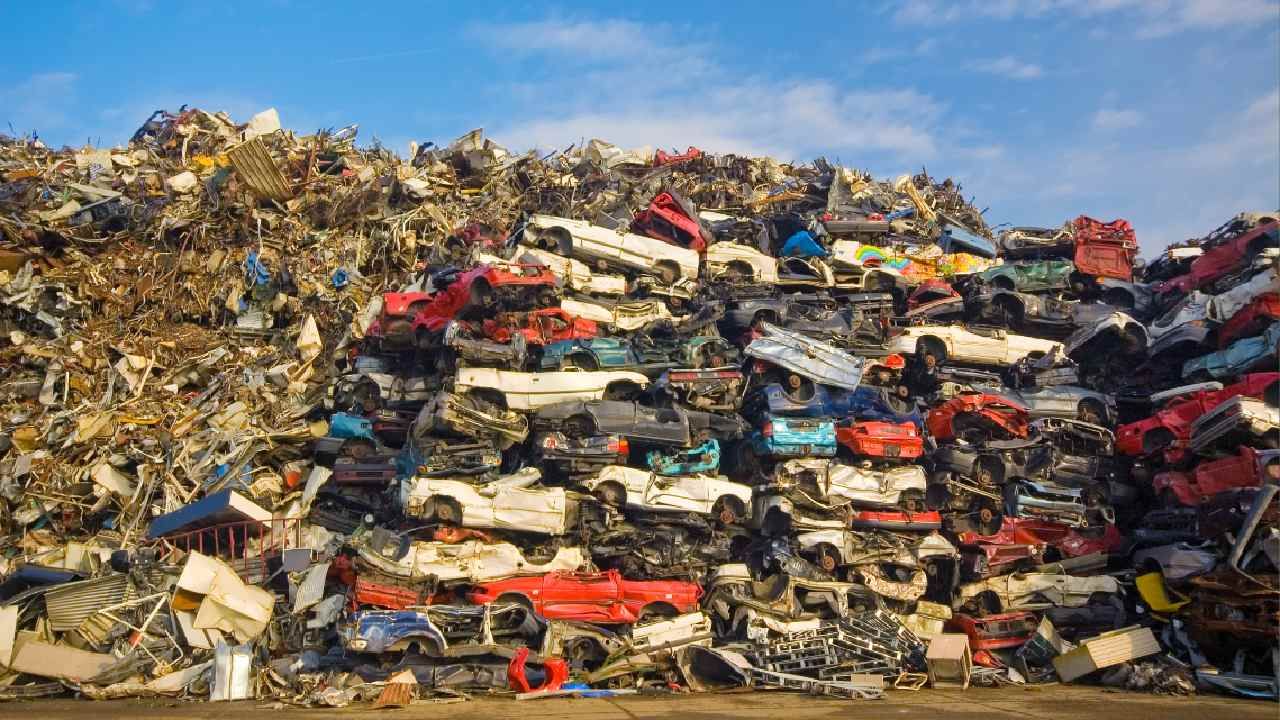
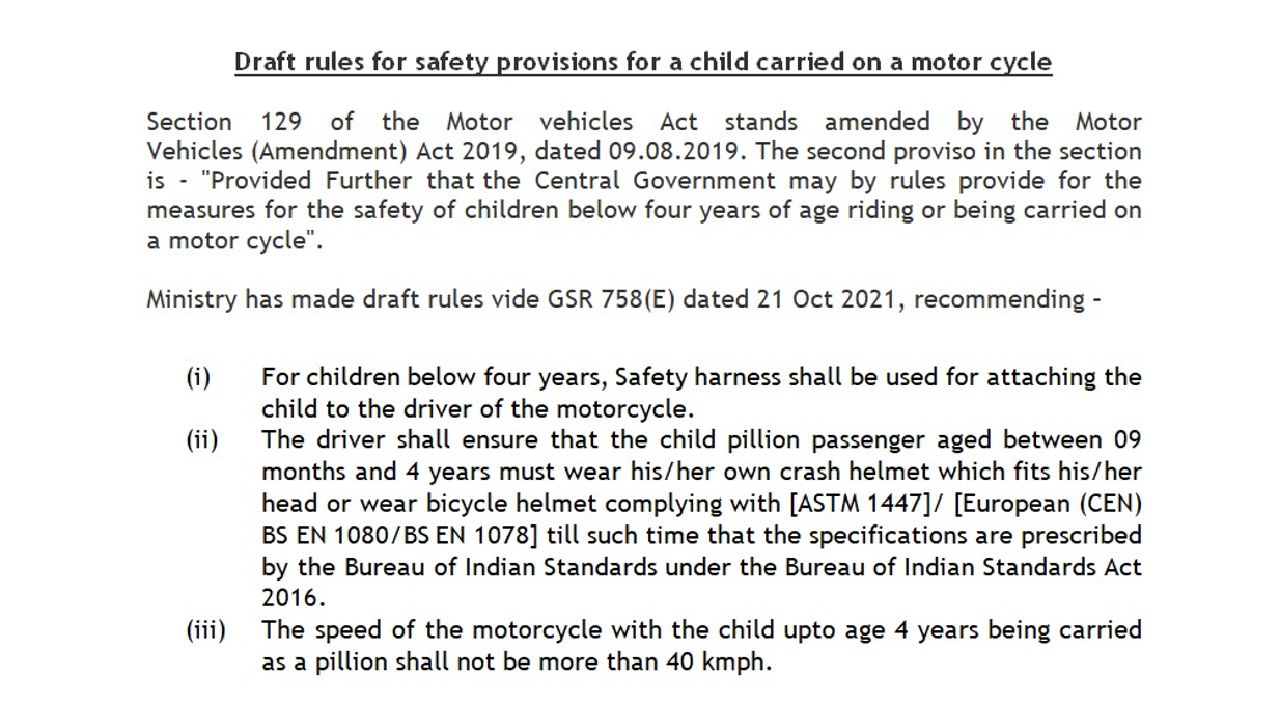
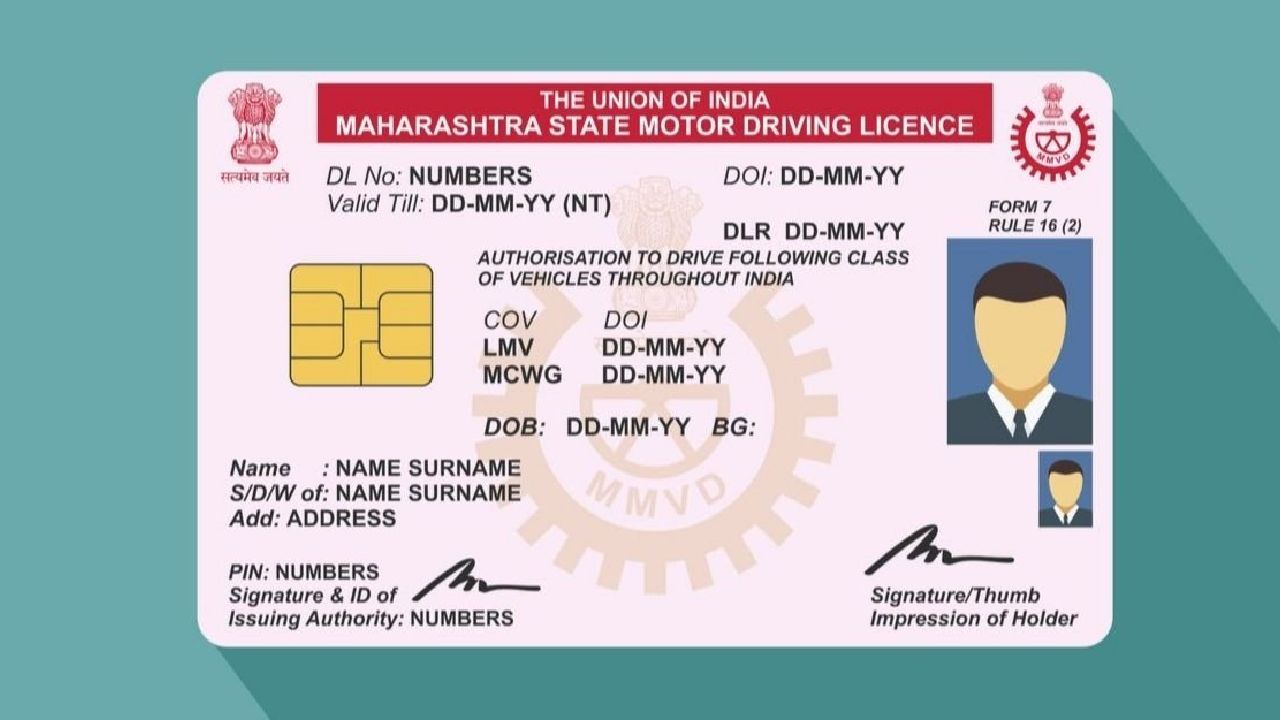
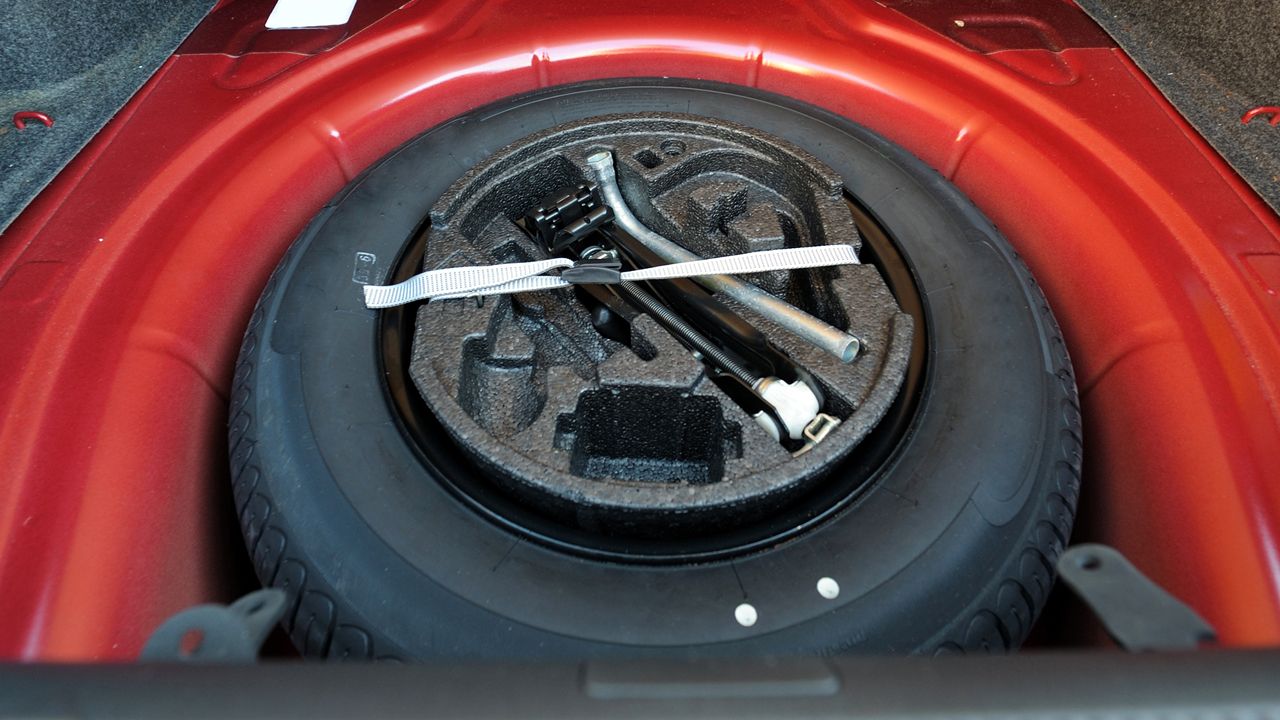

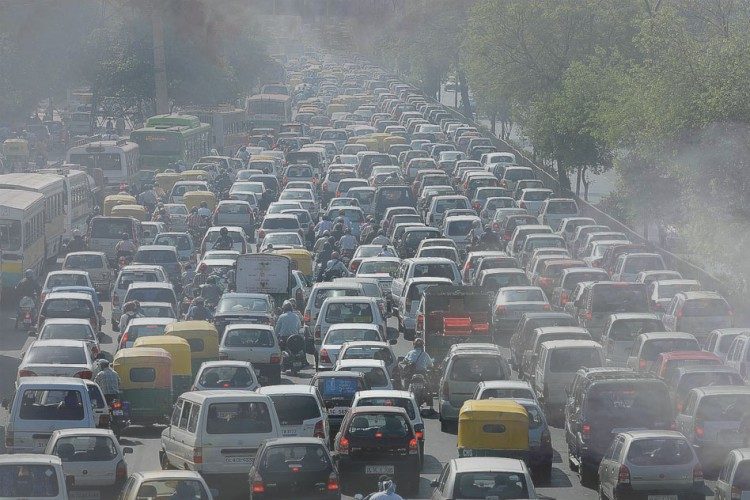




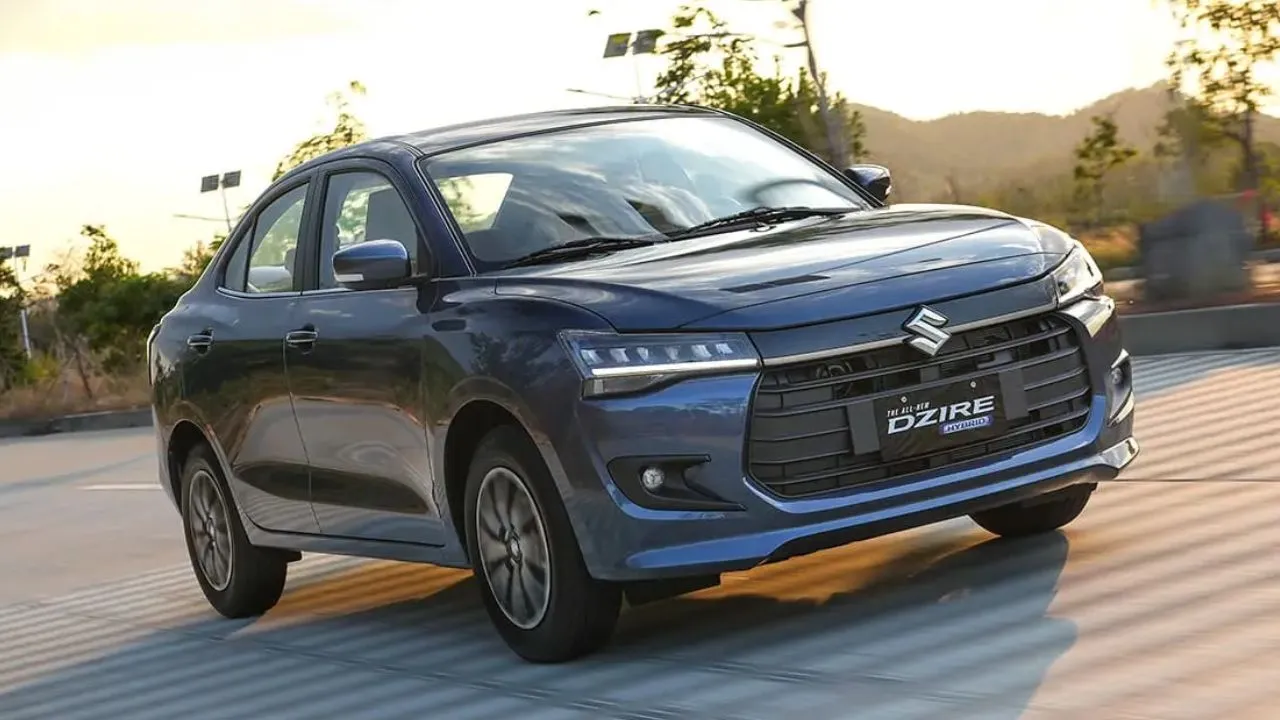



















Write your Comment on